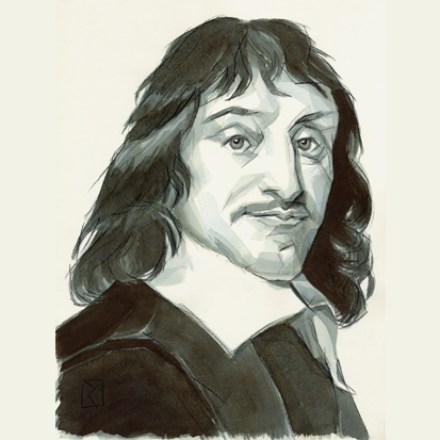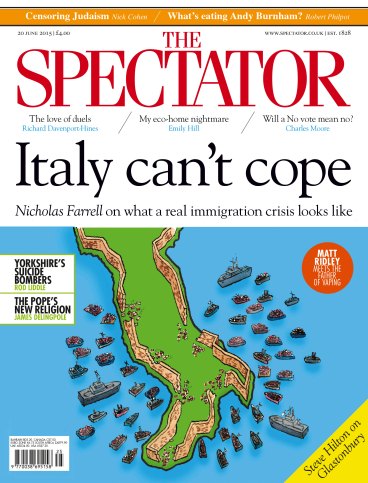Guardians of an ideal
Sudhir Hazareesingh’s bold new book is built on the assumption that ‘it is possible to make meaningful generalisations about the shared intellectual habits of a people as diverse and fragmented as the French’. France, as General de Gaulle pointed out, has such a fetish for singularity that it produces 246 varieties of cheese. Can France










